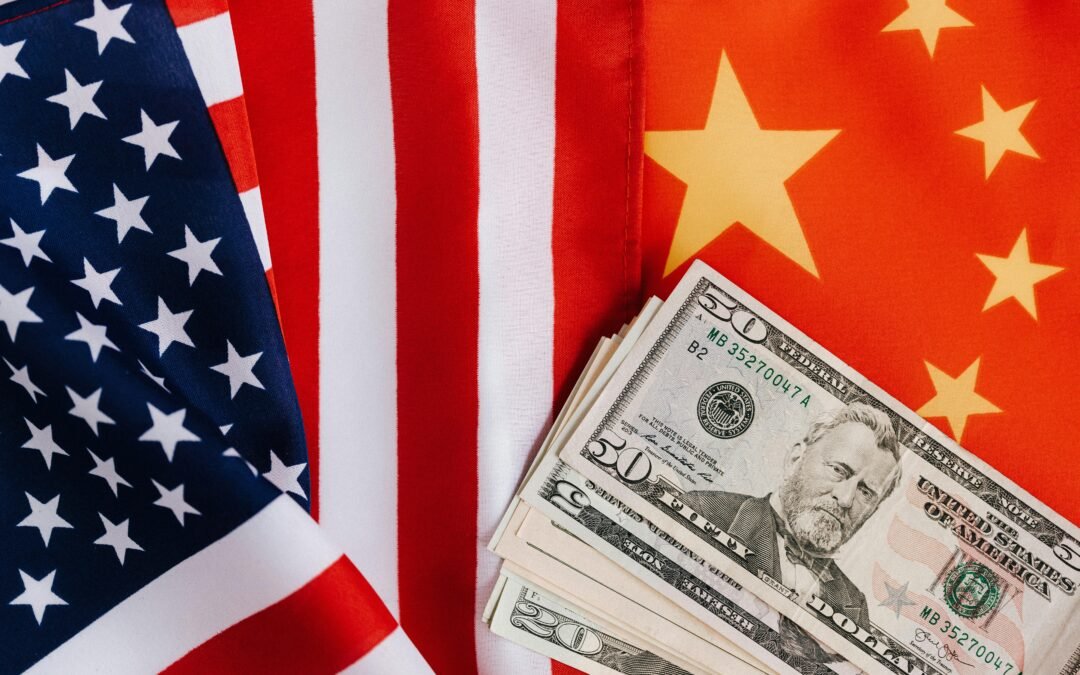In a recent conference hosted by the Center for Strategic and International Studies (CSIS), a panel of distinguished experts gathered to discuss the evolving landscape of American soft power and its implications in the global environment. The session was moderated by Victor Cha, President of Geopolitics and Foreign Policy at CSIS, and featured insights from Senator Jeanne Shaheen, Dr. John Hamre, and oth
er key figures in the realm of international relations and policy-making. The central theme revolved around the challenges posed by Chinese influence and the strategic adjustments required to enhance U.S. soft power.
Senator Shaheen emphasized the need for the United States to maintain a proactive stance in the international arena, particularly in countering Chinese propaganda and influence. She highlighted the reduction in foreign assistance and its implications for America’s global standing, advocating for a reversal of such trends to strengthen the country’s soft power capabilities. The senator shared her experiences in engaging with constituents on the importance of foreign assistance, underscoring its minimal impact on the national budget yet significant global influence.
The State of U.S. Soft Power
The panelists, including Michael Schiffer, Jim Richardson, and Henrietta Levin, explored the current state of U.S. soft power, questioning the traditional dichotomy between “soft” and “hard” power. Schiffer proposed moving away from such distinctions, arguing that all tools of national power should be viewed as integral components of a comprehensive foreign policy strategy. Richardson echoed this sentiment, emphasizing the need for a more strategic alignment of America’s foreign assistance programs with its national security objectives.
Challenges from China
Henrietta Levin provided a comparative analysis of U.S. and Chinese approaches to global influence, highlighting China’s strategic use of media and infrastructure projects to expand its reach. She noted China’s ability to quickly deploy resources and projects, often at the expense of social and environmental considerations, contrasting this with the U.S.’s focus on building long-term partnerships and resilient societies. The discussion acknowledged China’s coordination advantage, facilitated by its centralized political system, which allows for a more unified and directive approach to foreign assistance.
The Role of the Private Sector
The panel also delved into the role of the private sector in enhancing U.S. soft power. Jim Richardson stressed the importance of leveraging American private sector capabilities, particularly in areas where regulatory and institutional barriers inhibit growth. He advocated for a more transactional approach to engaging the private sector in development efforts, emphasizing the need to align private investment opportunities with strategic national interests.
Strategic Recommendations
In their closing remarks, the panelists offered strategic recommendations for strengthening U.S. soft power:
– Reimagining Foreign Assistance:
The U.S. must rethink its foreign assistance programs to adapt to the changing geopolitical landscape. This involves not only updating the structure and delivery of aid but also ensuring that it aligns with broader national security goals.
– Enhancing Public-Private Partnerships:
There is a critical need to foster robust public-private partnerships that can drive economic growth and development in partner countries. This requires a concerted effort to create enabling environments and address market failures.
– Focusing on Strategic Communication:
The U.S. should refine its communication strategies to effectively convey the value of its development assistance and soft power initiatives to both domestic and international audiences.
– Leveraging Asymmetric Advantages:
The U.S. should capitalize on its inherent strengths, such as its open society and democratic values, to foster long-term partnerships and counterbalance China’s influence.
Conclusion: U.S. Soft Power and Foreign Policy
The conference underscored the pivotal role of soft power in U.S. foreign policy and the need for a coherent, strategic approach to its deployment. As global dynamics continue to shift, the United States must adapt its strategies to maintain its leadership and influence in the world. The insights and recommendations from this session provide a valuable framework for policymakers as they navigate the complexities of international relations in the 21st century.

